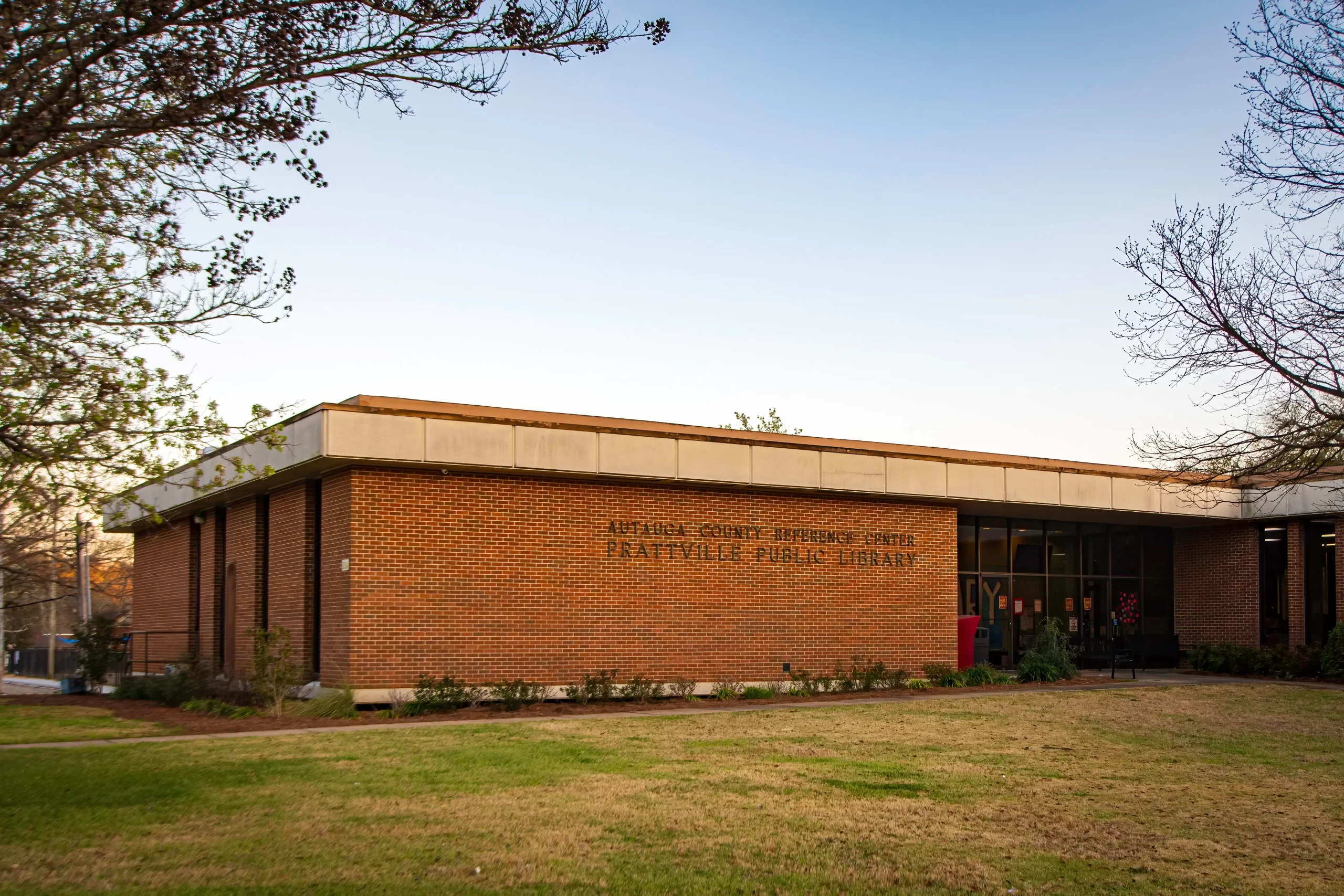For the first time in months, there has been significant activity in a lawsuit against restrictive policies at the Autauga-Prattville Public Library.
The case had been “fully briefed” before U.S. District Judge Myron Thompson by October 2024, with a coalition of APPL patrons, Read Freely Alabama and the Alabama Library Association seeking a preliminary injunction to reverse the policy and require books to return to the shelves while the case is further litigated.
The policies changed once again, however, when the Alabama Public Library Service informed the Prattville library board that the new policies were not clear enough to qualify for new state aid requirements. The notice prompted the board to add the following sentence to the policies:
“No books or materials containing obscene or sexually explicit content, or other content deemed inappropriate for children or youth, shall be located in the children’s section.”
While awaiting a ruling from Thompson, attorney Bryan Thomas for the defendants notified counsel for the plaintiffs with his belief that the court need to be notified of the development, arguing that the threat of loss of state funding is an important factor impacting the “balance of harms” of a preliminary injunction.
The plaintiffs notified the court on defendants’ behalf in December 2024, and the case has been mostly static since then. Thompson addressed the case for the first time in months in June, ordering both parties to brief him on whether the policy revisions require an amended complaint.
Both parties concur that it does not, which should clear a path for a ruling on the preliminary injunction to move forward.
“First, this one-sentence addition merely reiterates the overbroad, vague, and discriminatory language of which Plaintiffs already complain,” lawyers for the plaintiffs wrote. “If anything, the new sentence further curtails minors’ access to materials ‘containing obscene or sexually explicit content, or other content deemed inappropriate for children or youth.’”
Counsel for the plaintiffs further argue that the board’s reliance on the APLS requirements for state aid does not absolve its actions.
“The Board has not shown that it is impossible to comply with both the APLS rules and the Constitution. As Plaintiffs have previously explained, APLS left the determination of what material would be considered ‘sexually explicit’ or ‘deemed inappropriate for children or youth’ to the discretion of library boards; it is the Board, not APLS, that has chosen an unconstitutional definition … and this revision does nothing to alter that definition. If APLS truly were to blame for the Board’s unconstitutional policy, the Board’s recourse is to implead APLS as a defendant—not to evade liability altogether. But the Board has not elected to do so. And even if the Board were correct about APLS’s requirements—and it is not—case law addressing the balance of the equities makes clear that the Board can ‘ha[ve] ‘no legitimate interest’ in enforcing an unconstitutional law.’”
Despite the APPL board requesting to notify Thompson of the additional policy revision, its response Wednesday does not call for an amended complaint.
If an amended complaint were required, it could further drag out the case which has already been ongoing for more than a year.
“Plaintiffs have now been suffering the loss of First Amendment freedoms for seventeen months,” counsel for the plaintiffs wrote. “Restarting that clock, when the Board has taken no steps to rectify its unconstitutional Policy, would only further the irreparable harm Plaintiffs continue to experience and incentivize the Board to frequently enact minor amendments to its Policy to evade this Court’s jurisdiction.”
(Except for the headline, this story has not been edited by PostX News and is published from a syndicated feed.)

